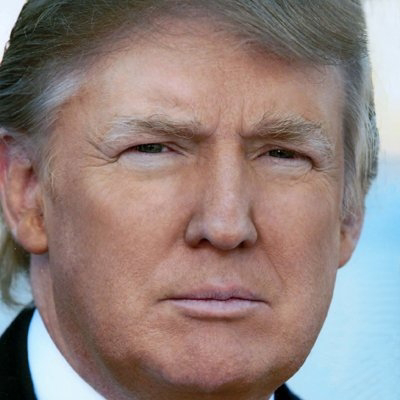Kremlin plotted to blame unpopular tax rise on west to shield Putin
Yes — there’s growing reporting that the Kremlin deliberately plans to shift blame for its unpopular tax hikes onto the West, rather than onto Putin himself. Here’s a breakdown of what’s going on, what the evidence is, and what it means.
---
What the Reports Say
1. Media Guidelines to Blame the West
According to Meduza, the Kremlin has issued internal guidelines to state-run and pro-government media on how to frame the tax increases.
One key talking point: portray the tax rise as a forced response to “Western military spending.”
Another: stress that the increases are necessary to preserve social programs and national security, making the burden on citizens seem justified.
Importantly, the guidelines instruct journalists to avoid linking the tax hikes directly to Putin — his name should be excluded from tax-increase stories.
2. Kremlin’s Strategic Use of Unpopular Measures
The tax hikes are very real: the 2026 draft budget proposes raising VAT from 20% to 22%.
There are also plans to reduce reliefs for self-employed people and cut tax-friendly regimes, which will hit small businesses and freelancers.
According to Ukrainian intelligence (cited in media), these changes are part of a broader strategy to redirect spending toward defense, “rewriting” the social contract — in effect, telling citizens: yes, you pay more, but you’re contributing to security.
3. Fiscal Pressures Driving the Hike
Russia’s wartime economy is under strain: oil revenues are down, budget deficit is growing.
The tax rise is not just for show — it’s expected to generate a large chunk of money (around ~1 trillion rubles) to help plug the budget shortfall.
Analysts see this as part of a long-term financing strategy: more tax revenue to sustain war spending.
---
What This Means
Propaganda + Deflection: By telling the public “the West forced us,” the Kremlin attempts to frame the tax hike as external pressure, not self-inflicted policy failure. This helps preserve Putin’s image.
Maintaining Popular Legitimacy: The messaging seeks to balance the pain of paying more with the idea that it’s for their own good — security, social stability — rather than just for regime survival.
Shielding Leadership: By omitting Putin’s name from stories about the tax hike, the Kremlin avoids making him the face of unpopular economic policy. This is a classic authoritarian strategy: unpopular measures, but remove the personal accountability from the top.
---
Limitations & Risks
There’s no guarantee this framing will fully work: tax hikes are sensitive, and over time, anger may grow, especially if people perceive they’re paying more without seeing real benefit.
Intelligence sources (like the Ukrainian Foreign Intelligence Service) are not neutral — though their reporting is often taken seriously, their perspective has to be weighed carefully.
If the economic situation worsens (or if the tax burden feels unfair), this strategy could backfire, sparking discontent that the Kremlin might struggle to suppress without more coercive tools.
---
Bottom line: Yes — there’s credible evidence that the Kremlin is intentionally using propaganda to blame the West for tax increases, in order to insulate Putin from the political fallout.
---
If you like, I can pull together recent expert analysis (think: think-tank reports, independent economists) on how likely this strategy is to succeed — do you want me to do that?



Comments